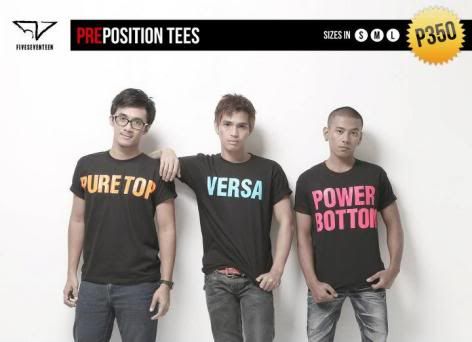 One of the biggest gay-related news that broke out in July was the official coming out of Anderson Cooper. Anderson Cooper is possibly one of CNN’s most well-known anchors and through an email he sent to his friend Andrew Sullivan and which the latter published with Cooper’s permission, he finally confirmed what many people in the industry know: that he is a gay man. And proud of it.
One of the biggest gay-related news that broke out in July was the official coming out of Anderson Cooper. Anderson Cooper is possibly one of CNN’s most well-known anchors and through an email he sent to his friend Andrew Sullivan and which the latter published with Cooper’s permission, he finally confirmed what many people in the industry know: that he is a gay man. And proud of it.
Cooper’s coming-out letter is one of the best such letters I have ever read. You can see how much thought he put into it and it very much reflects the level of professionalism that has made him one of the most successful people in the news industry today. In his letter, he lays out the reasons why he decided to come clean and why only now. I highly encourage you to read his letter for yourself, but here are some selected passages that I particularly like:
I’ve always believed that who a reporter votes for, what religion they are, who they love, should not be something they have to discuss publicly. As long as a journalist shows fairness and honesty in his or her work, their private life shouldn’t matter. I’ve stuck to those principles for my entire professional career, even when I’ve been directly asked “the gay question,” which happens occasionally.
Recently, however, I’ve begun to consider whether the unintended outcomes of maintaining my privacy outweigh personal and professional principle. It’s become clear to me that by remaining silent on certain aspects of my personal life for so long, I have given some the mistaken impression that I am trying to hide something - something that makes me uncomfortable, ashamed or even afraid. This is distressing because it is simply not true.
I’ve also been reminded recently that while as a society we are moving toward greater inclusion and equality for all people, the tide of history only advances when people make themselves fully visible. There continue to be far too many incidences of bullying of young people, as well as discrimination and violence against people of all ages, based on their sexual orientation, and I believe there is value in making clear where I stand.
That last passage struck me in particular. He rightly states that societal acceptance of the LGBT community does not happen overnight and only happens when LGBT people become visible. Cooper does make a compelling case that we should aim to eventually come out of the closet in order to further the notion that PLUs are just like other (heterosexual) people in all aspects except for sexual orientation and/or gender identity.
Does that mean that I will come out anytime soon? While some friends and family already know about my sexuality, I have decided to remain in the closet for now. While I understand that the more out PLUs there are the better will be society’s acceptance, the process of coming out—whether gradual or abrupt—is an intensely personal decision that depends upon one’s personal circumstances. So while a gay man in Manhattan should not have too much problem being out, a young teen in rural America would be better off being in the closet for a while.
Nobody should be forced to come out when he or she is not ready, no matter how beneficial it would be in the long term.





